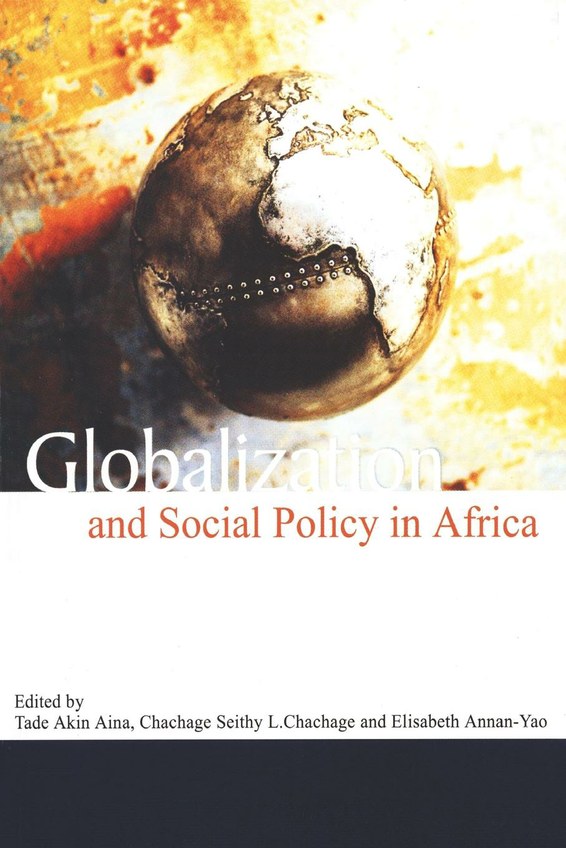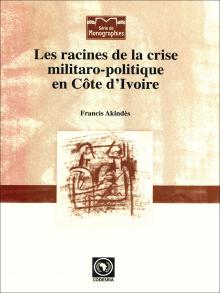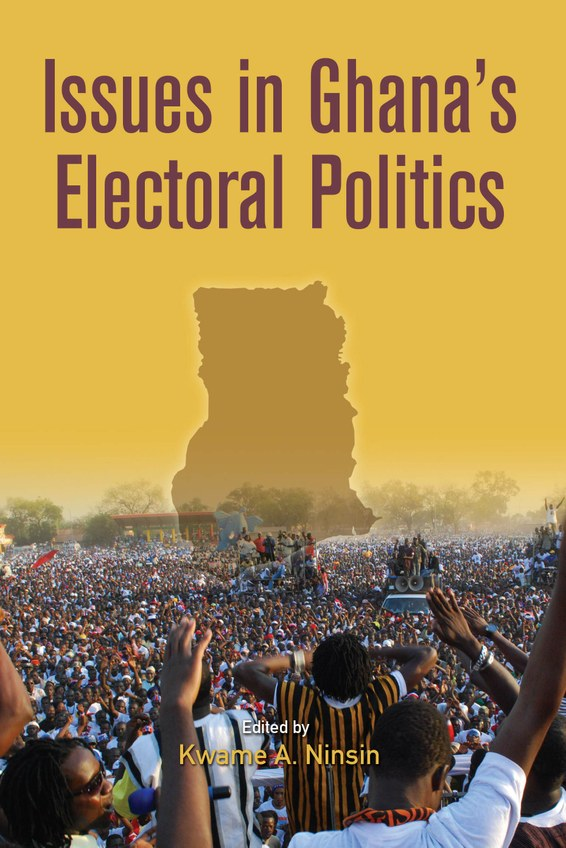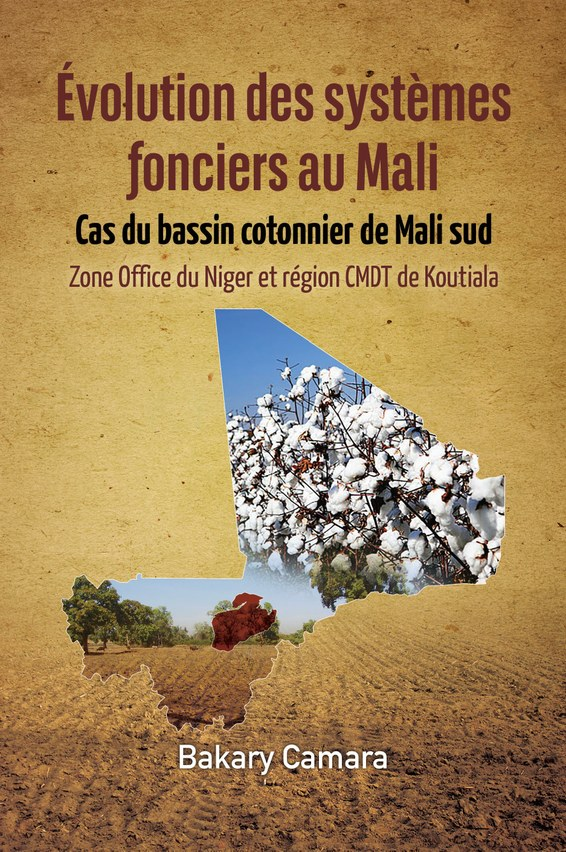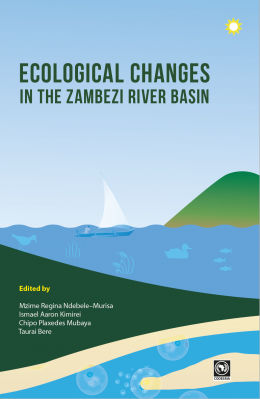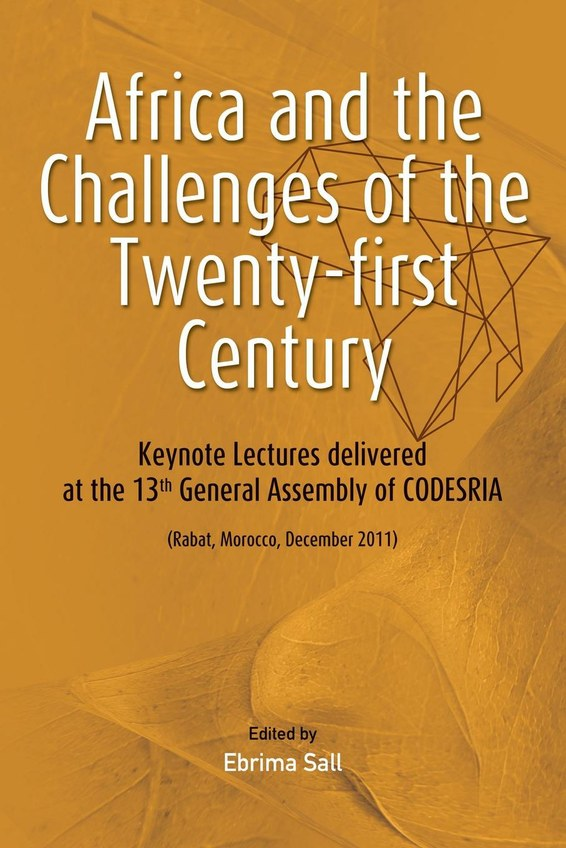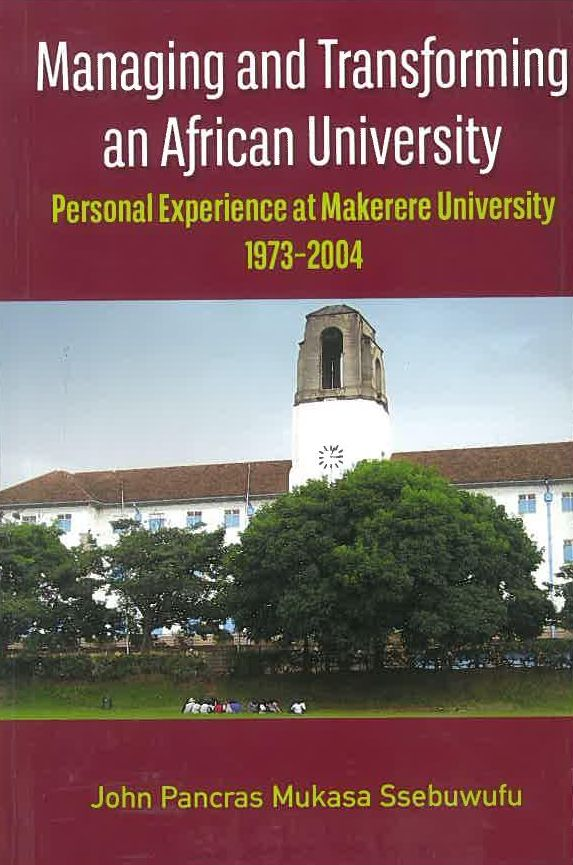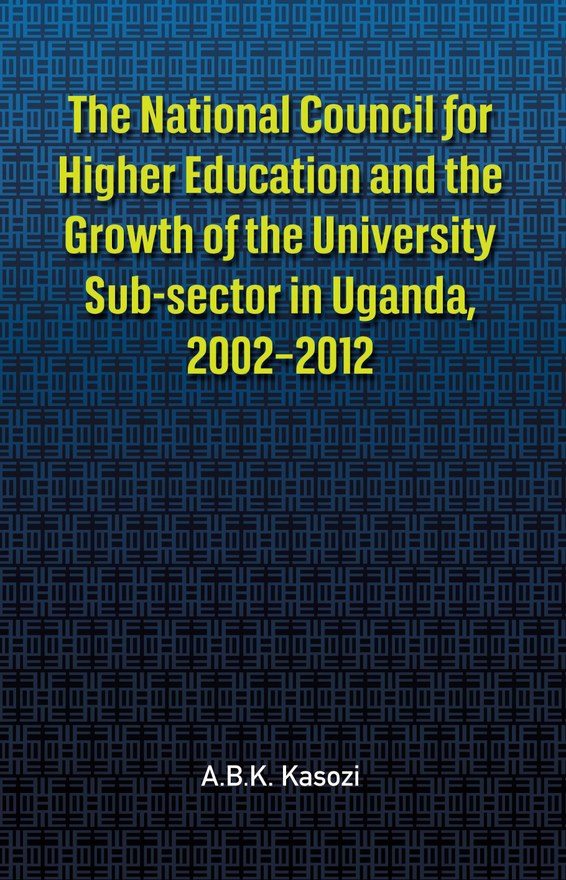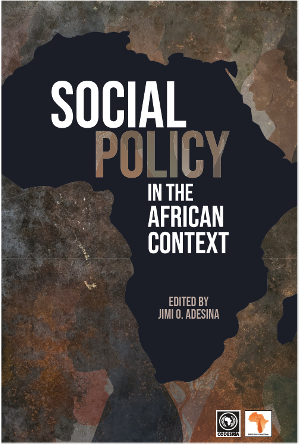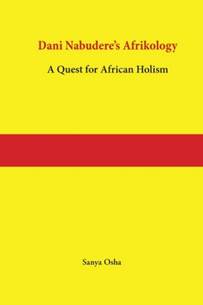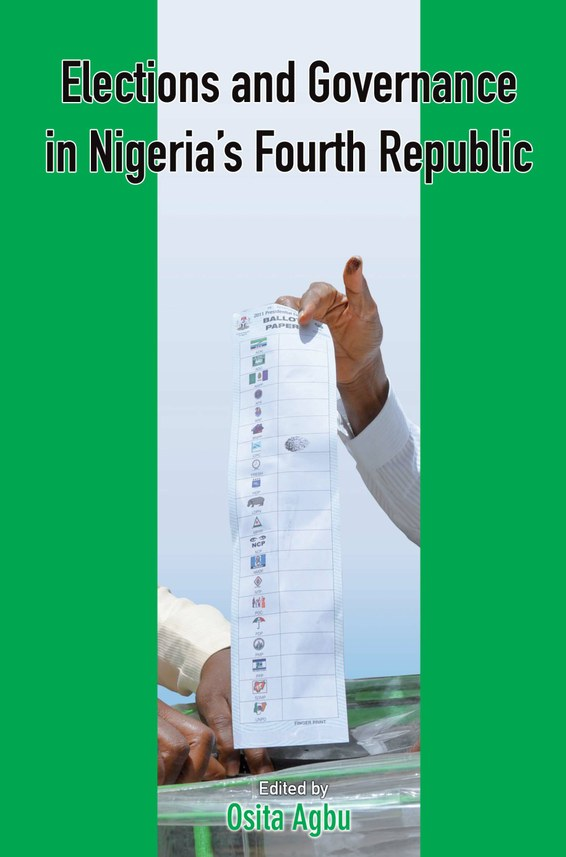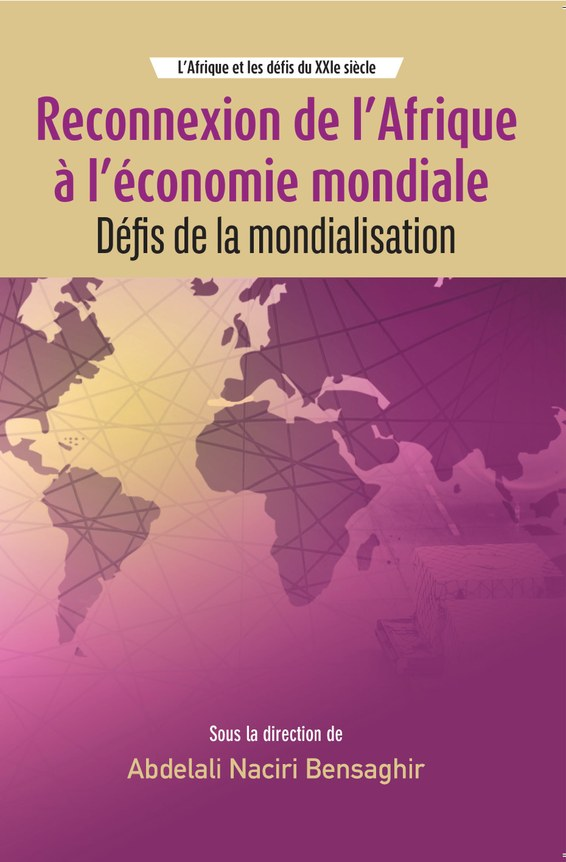Basotho and the Mines is the first major study of migrant labour in Lesotho, dedicated to the period 1890 to 1940. It examines the position of Basotho migrant workers in South Africa, Lesotho’s dependency on migrant labour, and the social and cultural consequences of sending so many men away to work. These issues are placed within the framework of the history of colonialism in Lesotho and South Africa and its impact on the current geopolitics of the two interconnected nations. The study is unique in that it provides an in-depth historical analysis of migrant labour, combining aspects of political economy, and cultural and social history. It is exhaustive in its coverage and use of primary historical sources on labour migrancy in colonial Lesotho.
Central questions addressed include balancing structure and agency, examining issues such as how Basotho migrants coped with death and mourning in the mining compounds, the social history of commercial beer-brewing and commercial sex in Lesotho, and the relationship of all these factors to the system of chieftainship, missionaries, and the British colonial demonstration. The volume compels greater thinking about the dynamics of agency, and the complex ways that Basotho men and women coped with the impact of labour migrancy on their country.
Eddy Maloka is the Chief Executive Officer of the Africa Institute of South Africa, and an associate member of the History Department of the University of South Africa (UNISA). He has also worked in the History Department at the University of Cape Town, before joining government as an advisor to the Premiers of Gauteng and Mpumalanga provinces. He holds a doctorate in History, and has published widely on development issues in Africa, and the history of the liberation struggle in Southern Africa. His recent publications include The South African Communist Party in Exile, 1965-1990. He has also published literary pieces, including a poetry anthology. He is currently the Deputy President of the African Association of Political Science (AAPS), and the President of the South African Association of Political Science (SAAPS).
CODESRIA, 2004 ; Xii+260 p.
ISBN 2-86978-128-8



